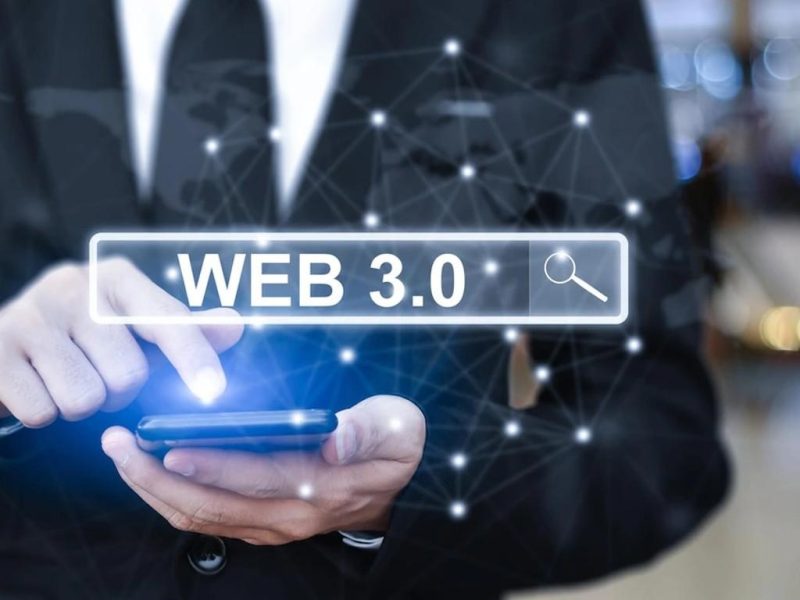
The internet has evolved significantly during the last three decades. From the early days of web 1.0, when the internet was used mainly for text-based information sharing, to today’s 3.0, when people can share and connect via audio, video, and photos, the web has come a long way. Web 3.0, commonly referred to as Web3, is the next generation of web evolution in which apps and websites can handle information using advanced technologies such as big data, machine learning, and decentralized ledger technology. This technology aims to produce more intelligent, user-friendly, linked, and open websites.
The most crucial necessity of users in the current digital age is privacy. More than ever, internet users want privacy for personal and professional information. The growth of web 2.0 has also raised several worries about control over personal data and digital identities. In addition, people have been using social media platforms in increasing numbers, resulting in a significant invasion of privacy. Web3 alters these features by providing a decentralized web cluster that enables users to engage with, create, and own their digital content. It eliminates intermediaries and lays the groundwork for decentralizing the internet. But who stands to gain the most from this? Many of us are already aware of web 3.0 in online gaming, but what other industries can benefit from this new technology?

Which Industries Will Benefit from Web 3.0
- Fintech – Web 3.0 is a permissionless network that does not require a governing authority. Open financial protocols allow for the execution of peer-to-peer actions protected by blockchain technology. As a result, Web 3.0 can provide significant competitive benefits to the fintech industry. The fintech Web 3.0 shift has already begun. Currently, advanced technology advancements are applied in a variety of situations.
- Marketing – Web 1.0 provided information, while Web 2.0 enabled two-way interaction. Web 3.0, on the other hand, is all about providing users with a tailored experience. This trend is already influencing marketing and advertising, and by providing a more tailored user experience, Web 3.0 enables advertisers to contact their target consumers more successfully. As such, organizations using Web 3.0 technology will realize greater sales and brand awareness, and more businesses will migrate to Web3 to keep ahead of the competition and better address the needs of their clients.
- Real Estate – The real estate industry is changing, as is how we do business. The internet has evolved into a vital instrument for communication and commerce, and the real estate sector is no exception. The real estate business has benefited from Web 3.0 by making transactions faster, easier, and more transparent. The technology enables users to access information in real-time rather than waiting for it to be updated on a website or application. As a result, agents can keep ahead of the curve while showing properties, pricing homes, selling houses, or discovering new clients.
- Entertainment – Web 3.0 platforms eliminate copyright difficulties regarding streaming music and video services. Furthermore, online applications ensure that all broadcasters, performers, and content creators have equal access to selling their products. As we enter the next era of the internet, we will see a movement away from traditional modes of entertainment consumption. Instead of simply watching or listening to content, we will actively participate. P2E (pay-to-earn) games are a prime illustration of this trend.

To Conclude
Web3’s new internet will enable more digital ownership and sovereignty in an increasingly digitized society and other decentralized benefits that are believed to contribute to establishing a more egalitarian web. This will be accomplished by empowering each user to become sovereign over their data and providing a richer overall experience due to the numerous improvements implemented once it is in place. When Web3 arrives, as tricky as it is to imagine, given how ingrained smart gadgets are in our daily routines and how they have transformed our behavioral patterns, the internet will become exponentially more intertwined in our daily lives, frequently without our knowledge.

Taylor is a freelance SEO copywriter and blogger. His areas of expertise include technology, pop culture, and marketing.











